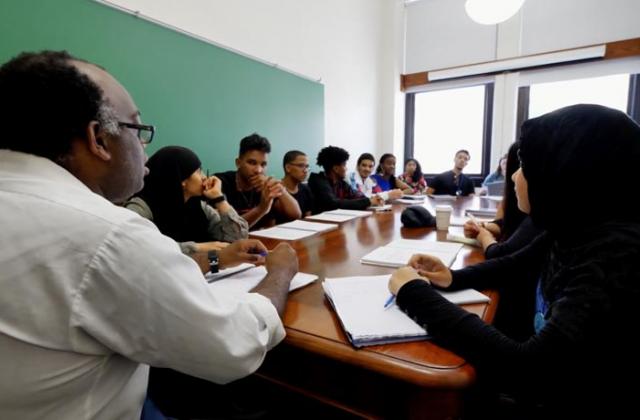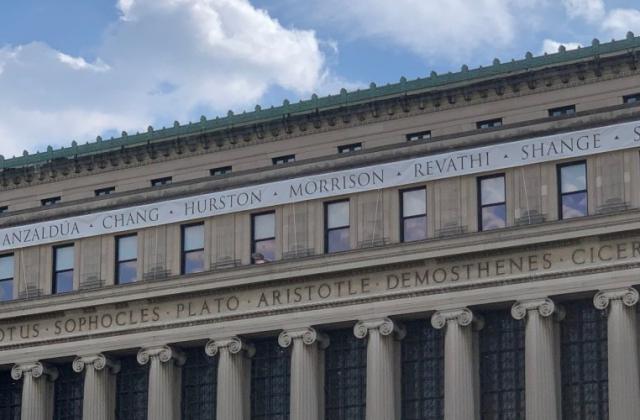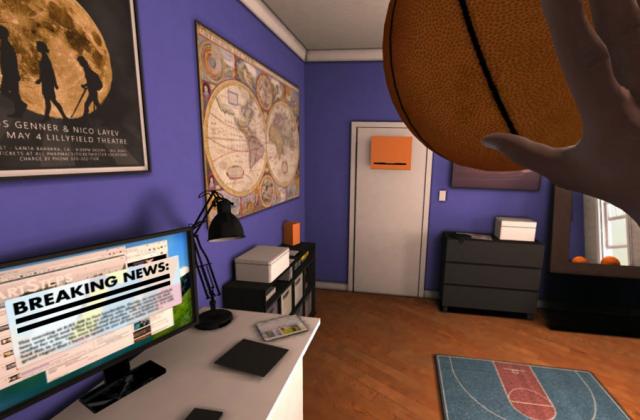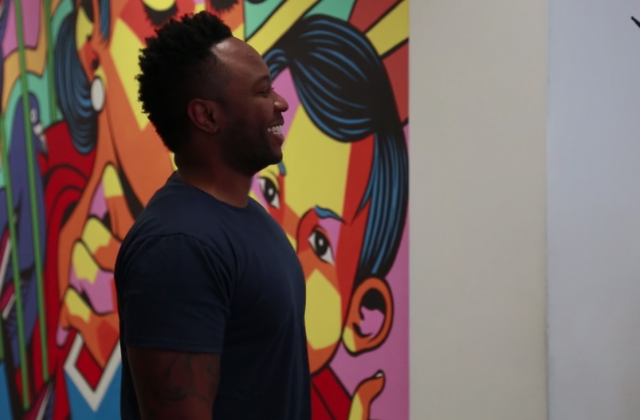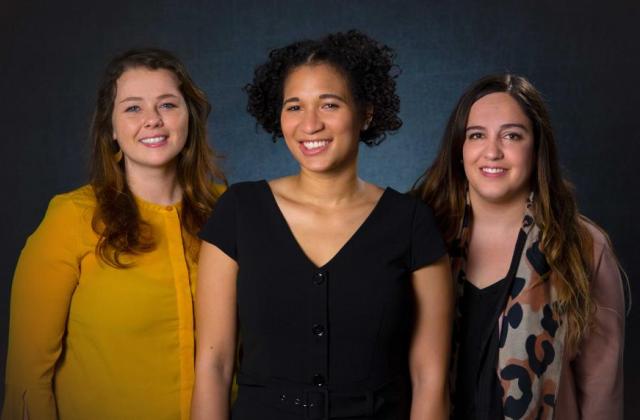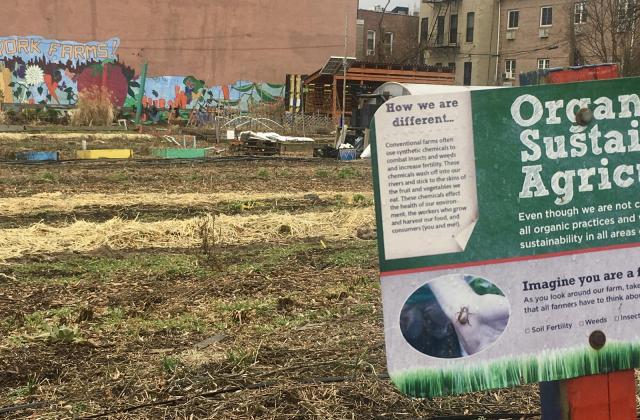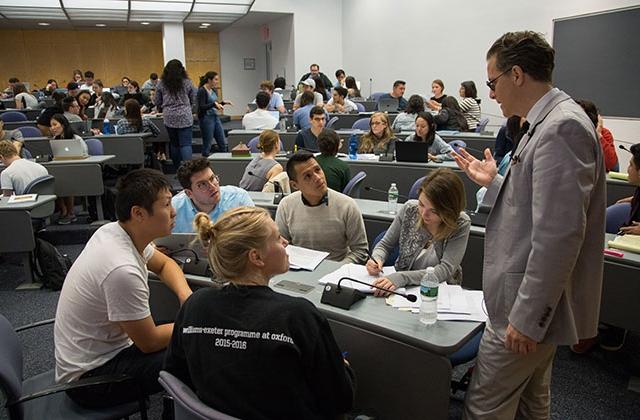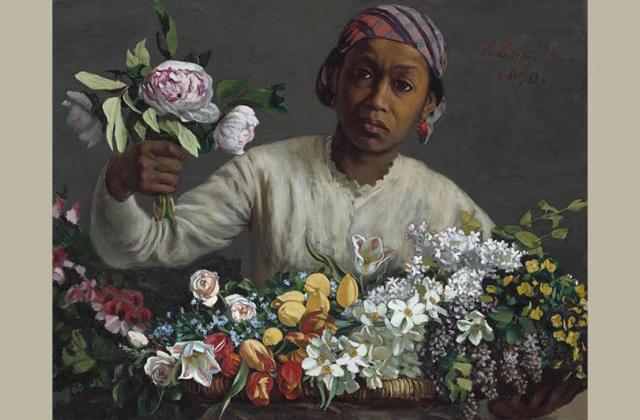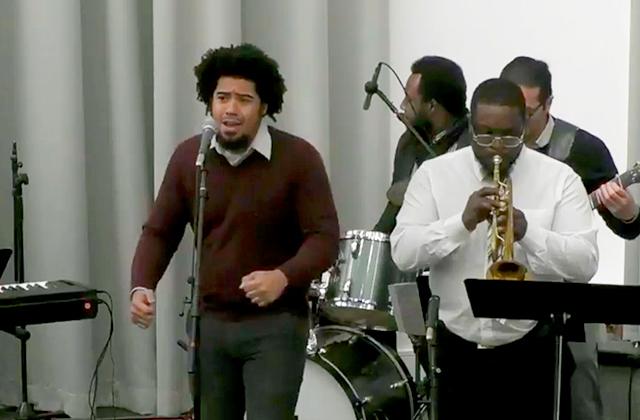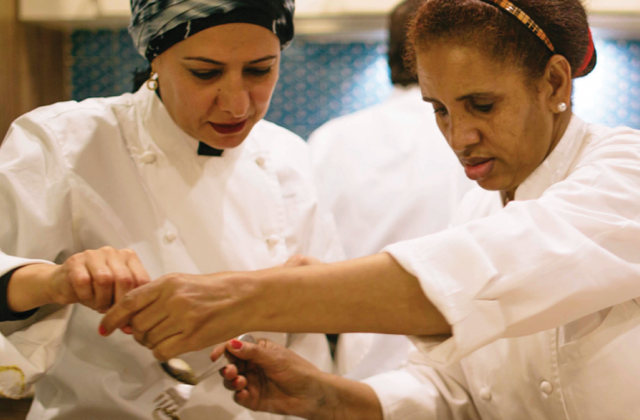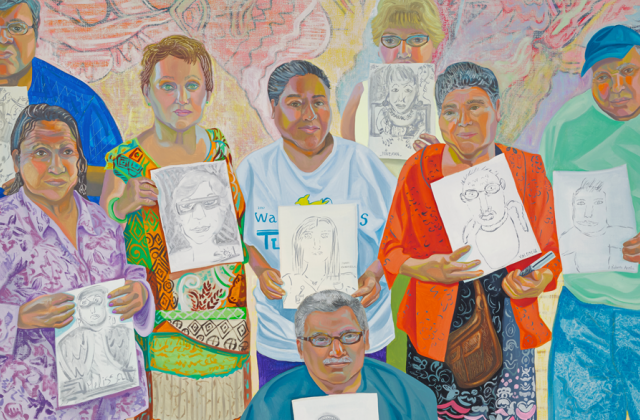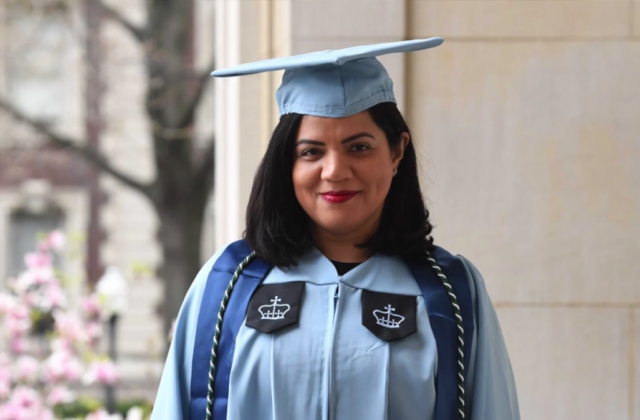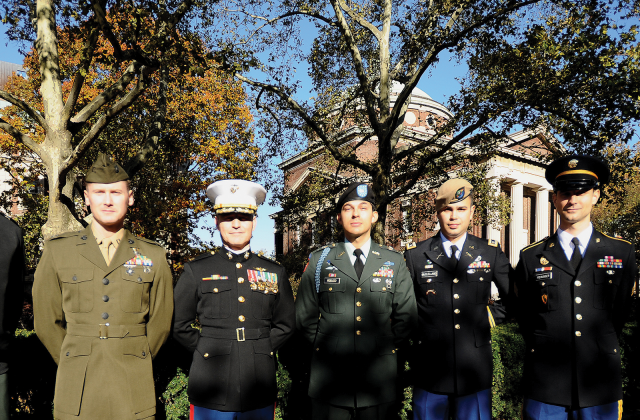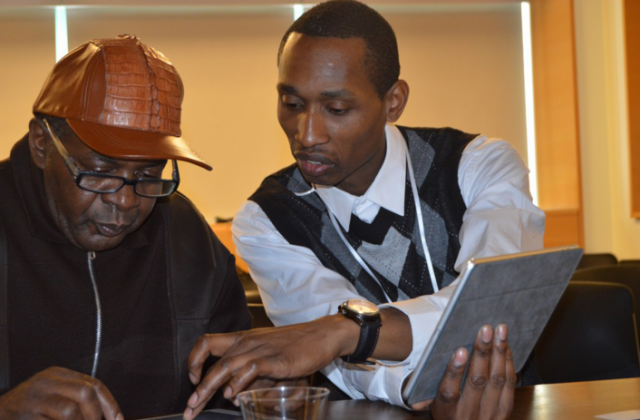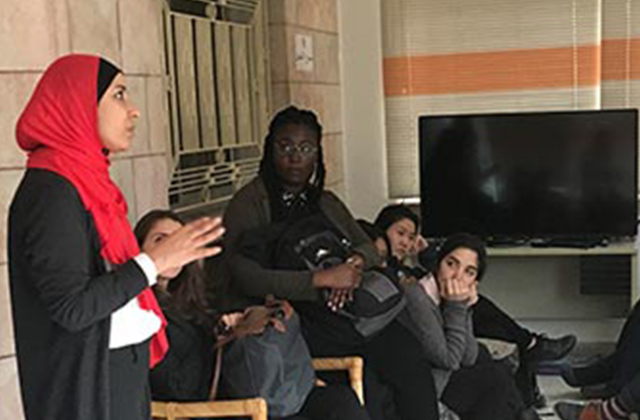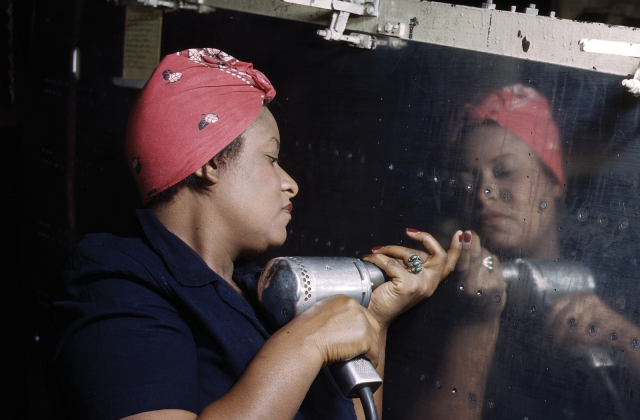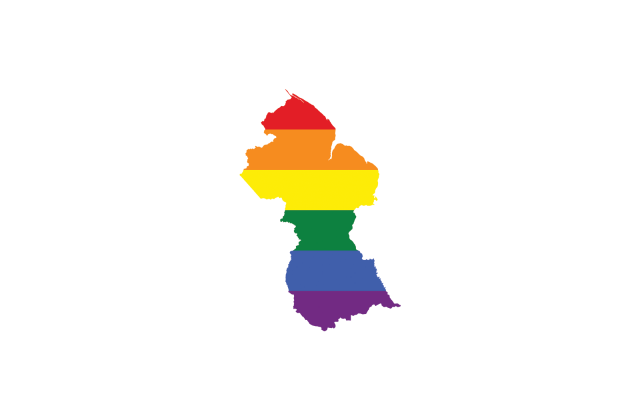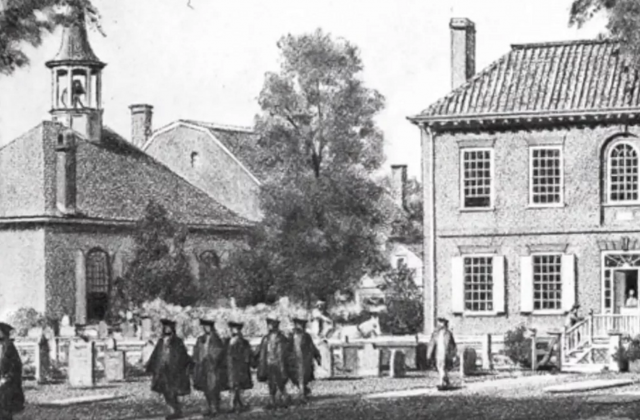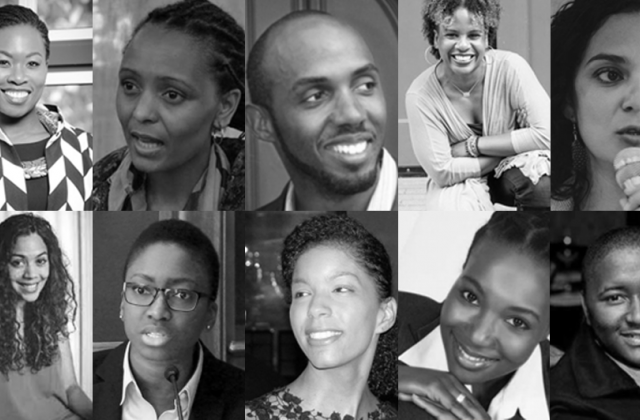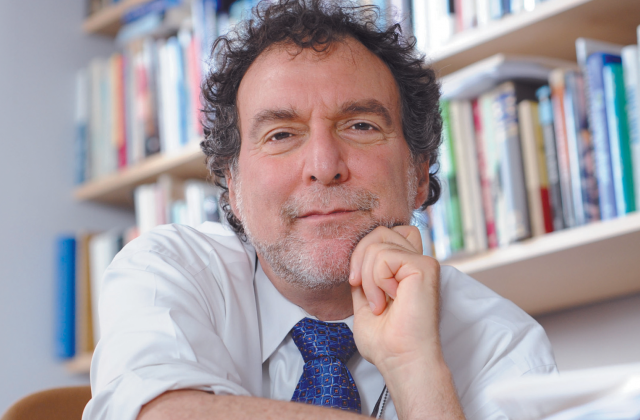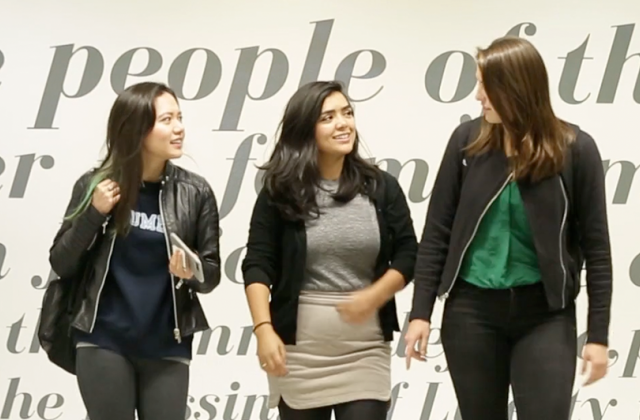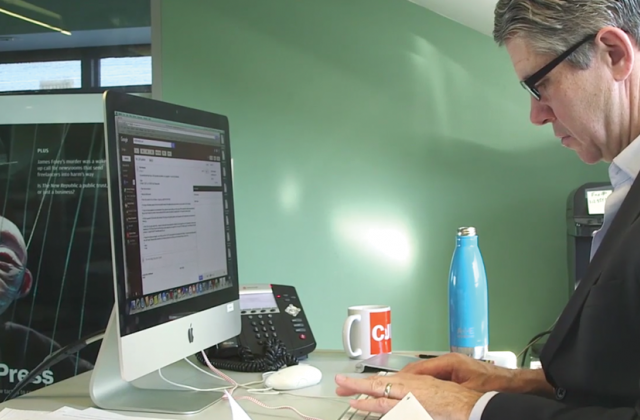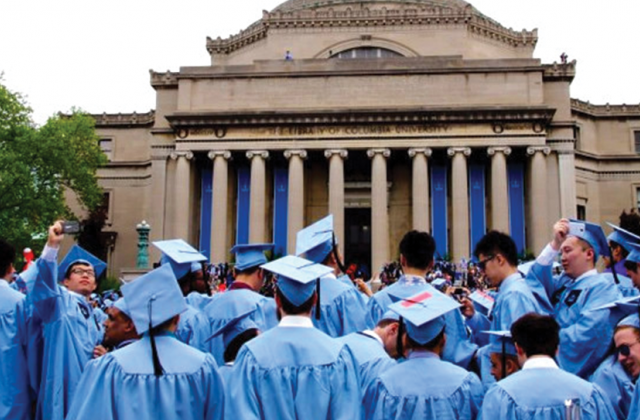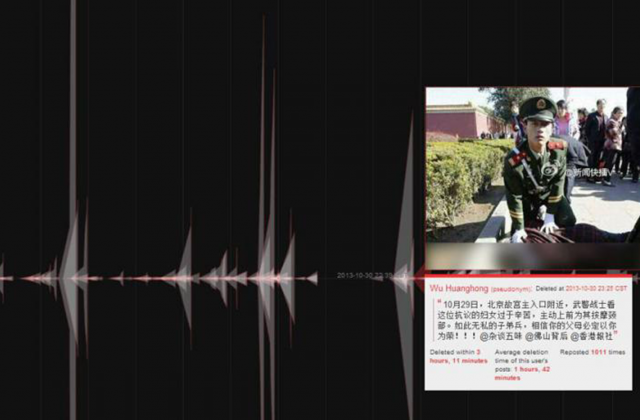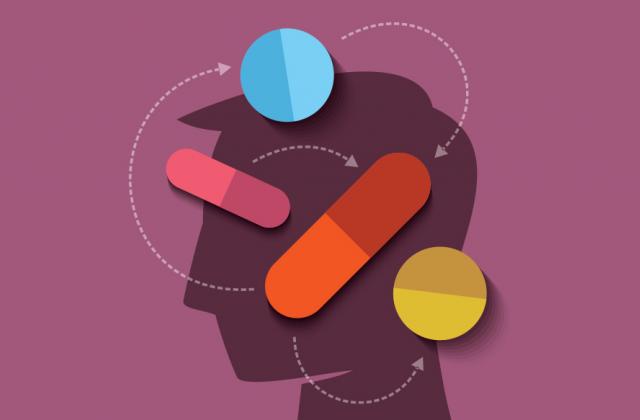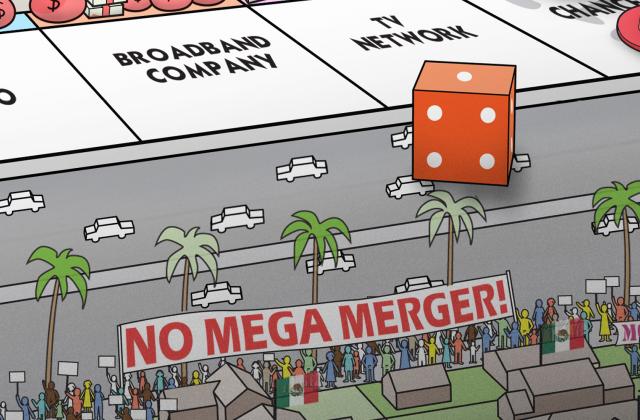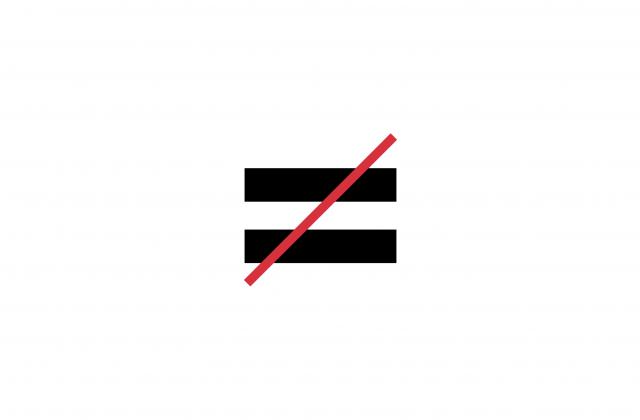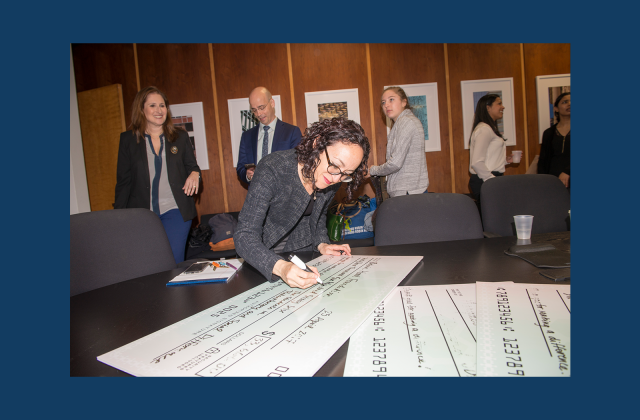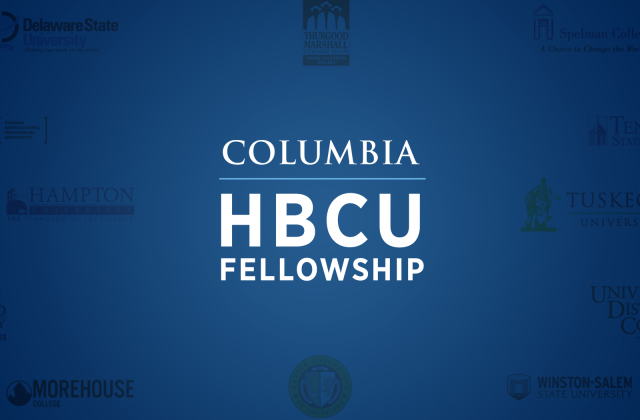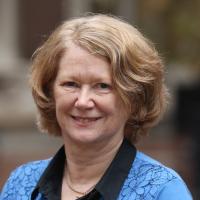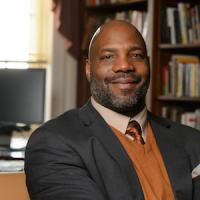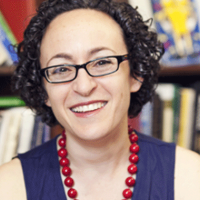What is justice? In the Core Curriculum, Columbia’s undergraduates read Plato’s Republic and other works to explore their own timely answers to that timeless question. Across our campuses, we think and act together to define and live up to our highest ideals as a society.
While recent decades have seen progress, injustice persists in stark forms. The prosperity, access, and comfort of some highlight the need, isolation, and uprootedness of others, and, in spite of the interconnections of our age, the gap between haves and have-nots is more pronounced than ever.
How are people’s chances diminished because of their race, gender, religion, or economic background? Whose voices are heard? How are resources shared? What steps can be taken to expand the public good? These are issues that concern us all, around the world, as people bound to one another.
Our commitment to Just Societies renews and emboldens efforts to build an equitable, inclusive world through research, teaching, and civic engagement, and the nature of our campus community itself.
We have only begun to understand the dynamics of contemporary privilege and inequality. Poverty is one glaring example. In the US, the top 0.1 percent of the population earns on average roughly 184 times more than the bottom 90 percent. Globally, the gap is starker: cumulatively, some 85 of the wealthiest people are worth more than the poorest 3.5 billion people. How do we make sure all people have enough food to eat and water to drink? How can each person thrive on her own terms and regardless of circumstance?
At Columbia, we must bring our most advanced thinking and most sophisticated methods to bear on achieving greater justice. As we do, we learn from and with the world, avoiding the arrogance of the outside expert by working with partners who understand injustice—and what can remedy it—firsthand.
Social justice appears as a focus for faculty and students in every school across our campuses, from the education of veterans in our School of General Studies to environmental justice programs under the Climate School. Transformative initiatives include a ten-year Atlantic Philanthropies partnership supporting activists and scholars aimed at ending anti-black racism. The commitment to just societies spans our law school as well as specific institutes and departments, from the Center for Justice and the Justice Lab, to the Knight First Amendment Institute to the Ira A. Lipman Center For Journalism and Civil and Human Rights to the the African American and African Diaspora Studies Department, founded in 2018.
As never before, we are working together and with philanthropic partners to harness resources that shape thinking, models, and practical solutions for a more equitable university community and a more just world.
When you look at what distinguishes Columbia from its peers, one clear dimension is the critical mass of faculty and students working in this area of just societies. It is truly remarkable.
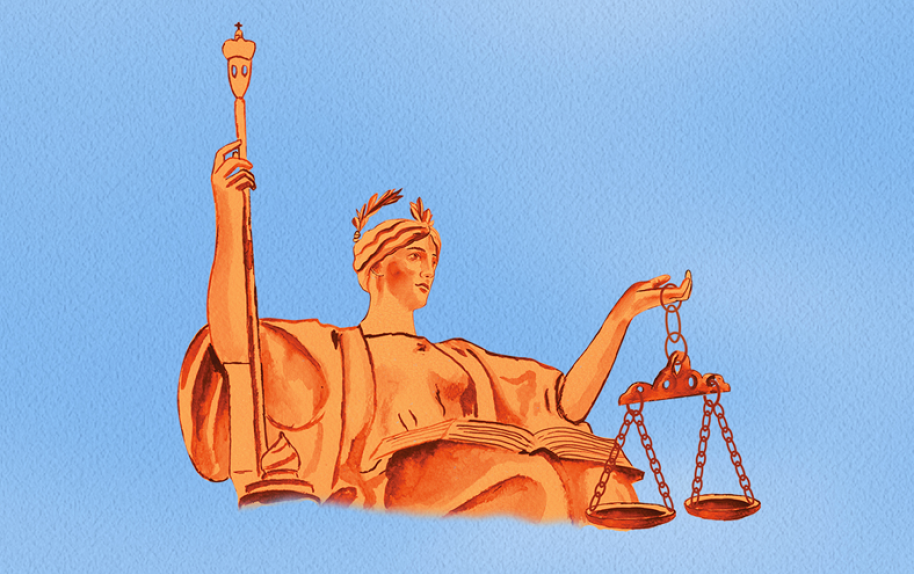
Columbia students, faculty, and alumni are building a more equitable and inclusive world.
People a day are forced to leave their homes due to persecution and conflict
Of the world's prisoners are in the US
Percent of the US population earns over 184 times more than the bottom 90 percent
Make Your Commitment to Just Societies
Give Now
Go Deeper
Key Related Sites
Social Sciences Law School Center for Justice Lipman Center for Journalism and Civil and Human Rights

